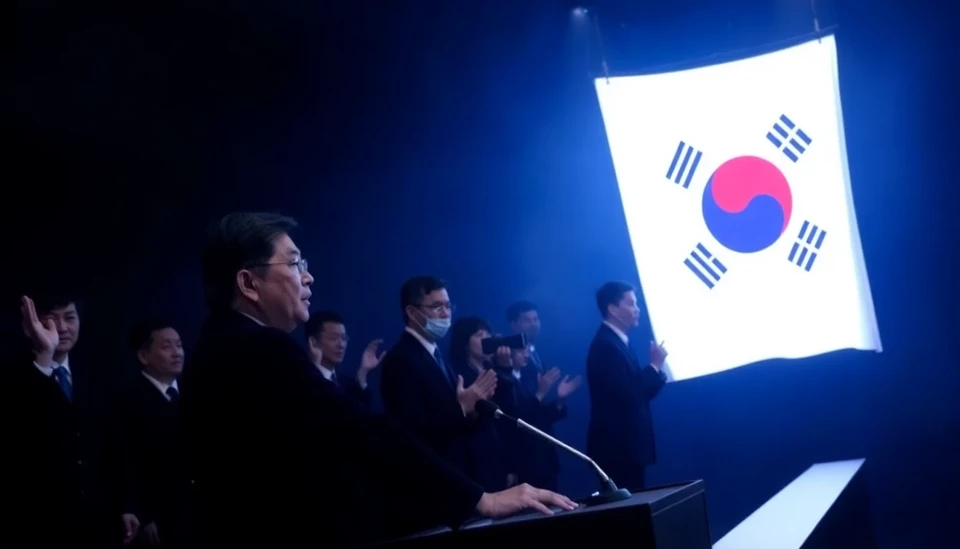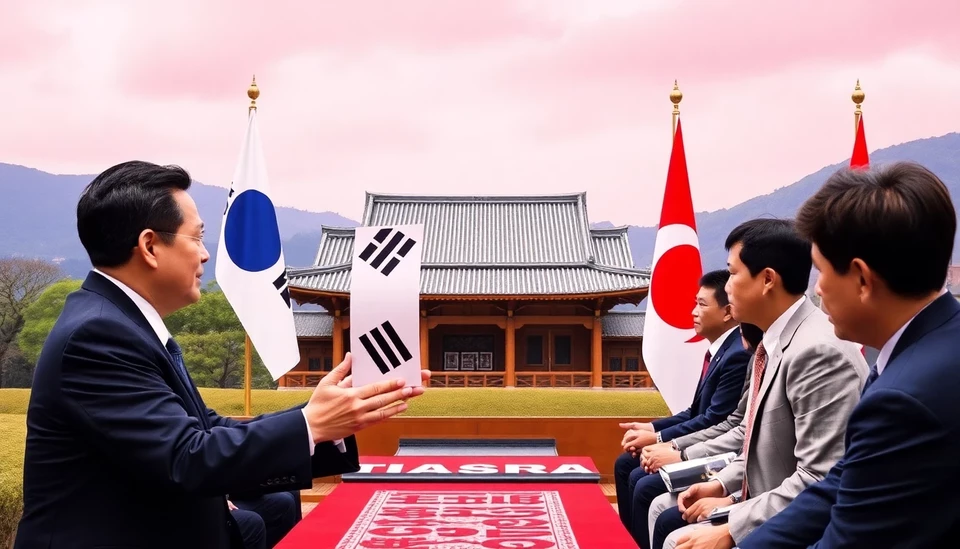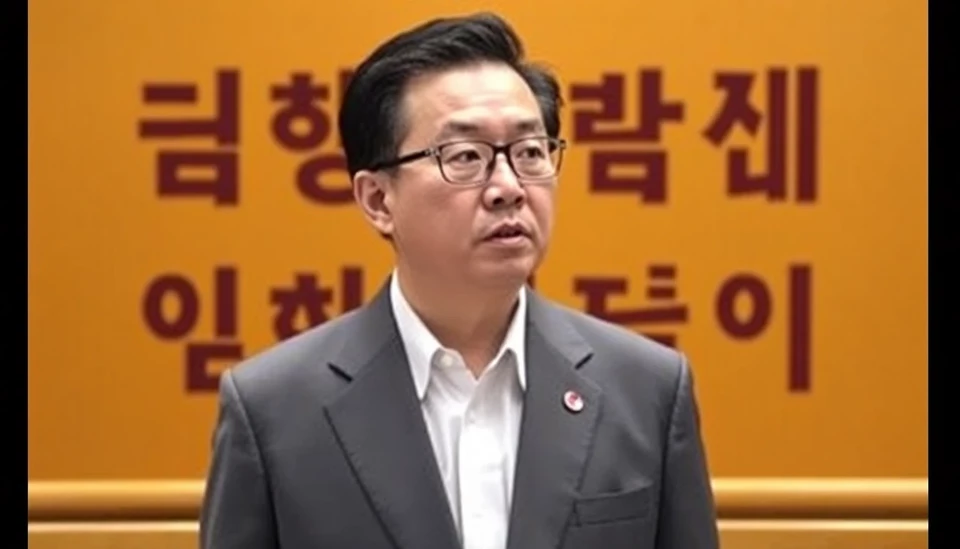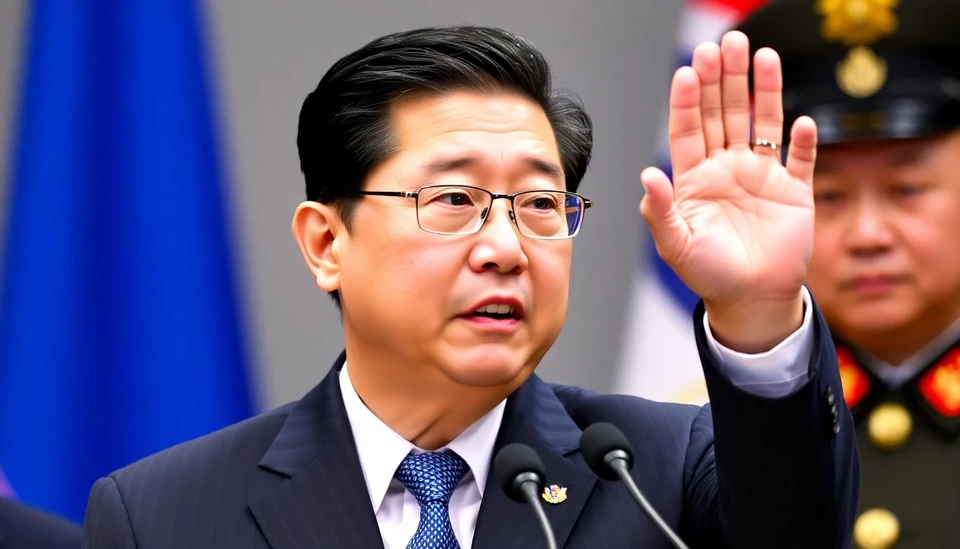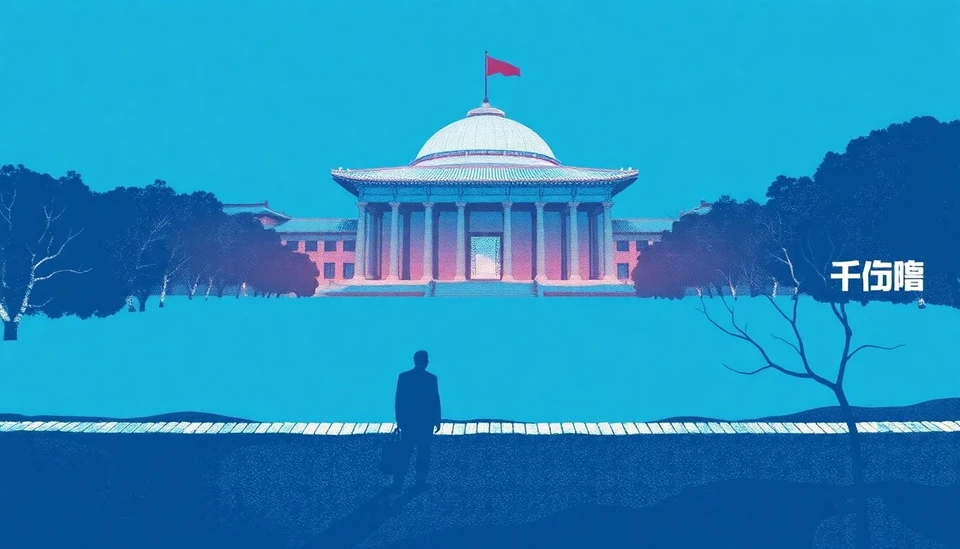
In a dramatic turn of events, South Korea's President Yoon Suk-yeol has joined the ranks of previous leaders who have faced political purges. His tenure has been marked by rising discontent among the citizenry and political turbulence, culminating in his decision to resign amidst mounting pressure and opposition.
This significant political shift follows a series of protests and a growing wave of dissatisfaction surrounding Yoon's administration. His policies, particularly in relation to economic recovery and foreign relations, have come under intense scrutiny. The public's trust in his leadership has waned, characterized by soaring inflation rates and concerns over national security as tensions with North Korea remain high.
Yoon's resignation adds him to a controversial list of South Korean leaders, including former presidents Lee Myung-bak and Park Geun-hye, who were also ousted from power under dire circumstances. This pattern suggests a volatile political culture in South Korea, where public sentiment can rapidly change and lead to dramatic political outcomes.
The culmination of these events has sparked a heated debate about the future of South Korean politics and the integrity of its democratic institutions. Yoon's exit brings uncertainty regarding the political landscape, with opposition parties poised to exploit the situation to rally greater support and influence upcoming elections.
As the nation grapples with the implications of Yoon's downfall, political analysts express concerns over the implications for governance and policy continuity. The transition period may lead to instability, with potential repercussions on both domestic and international fronts. Observers are keeping a close eye on how the ruling party will respond to this significant change and how it may reshape the direction of South Korea's political future.
In response to Yoon's resignation, several protests have erupted, reflecting the mixed emotions of the citizens. While many see this as a victory for democracy, others fear that it could set a precedent for further political unrest. The upcoming days and weeks will be pivotal as the nation processes this shift and as various political factions stake their claims for power.
The South Korean constitution allows for a presidential term of five years, but the volatility of politics can often disrupt this structure. Observers are now left wondering who will assume the presidency in the wake of this turmoil, and what policies will emerge from a potentially reshuffled political landscape.
#YoonSukYeol #SouthKorea #PoliticalPurge #Resignation #Democracy #PresidentialPolitics #PublicOpinion
Author: Rachel Greene

